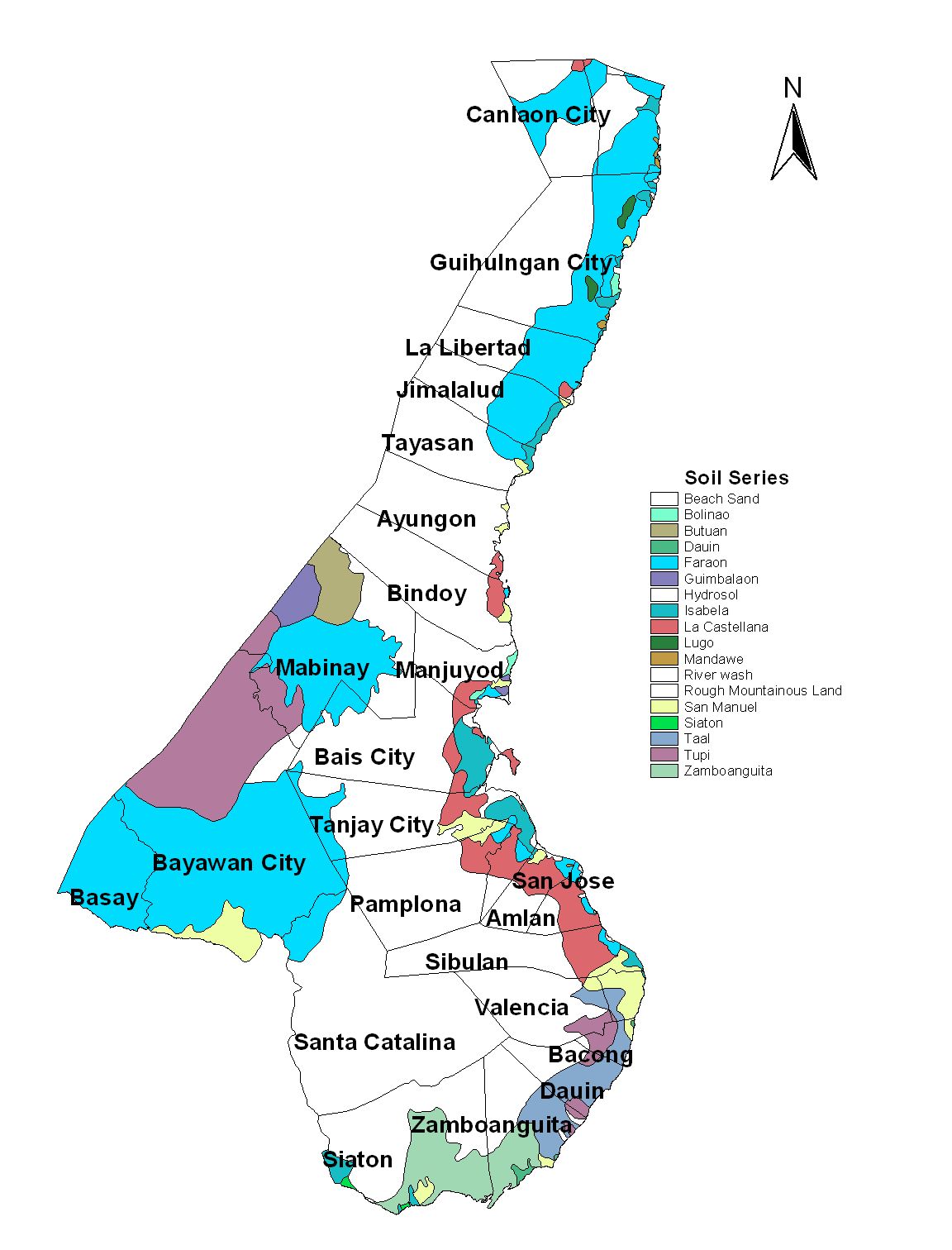
Negros Oriental Province

Brief Description
Negros Oriental Cebuano Sidlakang Negros also called Oriental Negros or Eastern Negros is a 1st class province of the Philippines located in the Central Visayas region It occupies the southeastern half of the island of Negros with Negros Occidental comprising the north western half It also includes Apo Island a popular dive site for both local and foreign tourists Negros Oriental faces Cebu to the east across the Taon Strait and Siquijor to the south east The primary spoken language is Cebuano and the predominant religious denomination is Roman Catholicism
| Geography | Negros Oriental occupies the south eastern half of the island of Negros with Negros Occidental comprising the western half It has a total land area of 540230km9 A chain of rugged mountains separates Negros Oriental from Negros Occidental Unlike its sister province which belongs to the Western Visayas region Negros Oriental belongs to the Central Visayas region Negros Oriental faces Cebu to the east across the Taon Strait and Siquijor to the south east The Sulu Sea borders it to the south |
| Region | Region VII |
| Capital | Dumaguete City |
| Barangay | 557 |
| Component Cities | Bais City, Bayawan City, Canlaon City, Dumaguete City, Guihulngan City, Tanjay City |
| Municipalities | Amlan, Ayungon, Bacong, Basay, Bindoy, Dauin, Jimalalud, La Libertad, Mabinay, Manjuyod, Pamplona, San Jose, Santa Catalina, Siaton, Sibulan, Tayasan, Valencia, Vallehermoso, Zamboanguita |
| Land Area | 5,385.53 |
| Population | 1,286,666 |
| Climate | Negros Oriental has a tropical climate Because of the mountain range running from the north to the south the province has two types of climatic conditions The eastern part of the province is characterized by unpronounced maximum rainfall with a short dry season lasting from one to three months The western half of the province is characterized by a distinct wet season and dry season |
| Coordinates | 0945N 12300E |
| All ecosystem (2015) | |||
|---|---|---|---|
| January - June (mt) | 24,109.00 | July - December (mt) | 42,284.00 |
| Irrigated (2015) | |||
| January - June (mt) | 21,962.00 | July - December (mt) | 33,300.00 |
| Lowland rainfed (2015) | |||
| January - June (mt) | 2,109.00 | July - December (mt) | 8,841.00 |
| Upland (2015) | |||
| January - June (mt) | 38.00 | July - December (mt) | 143.00 |
